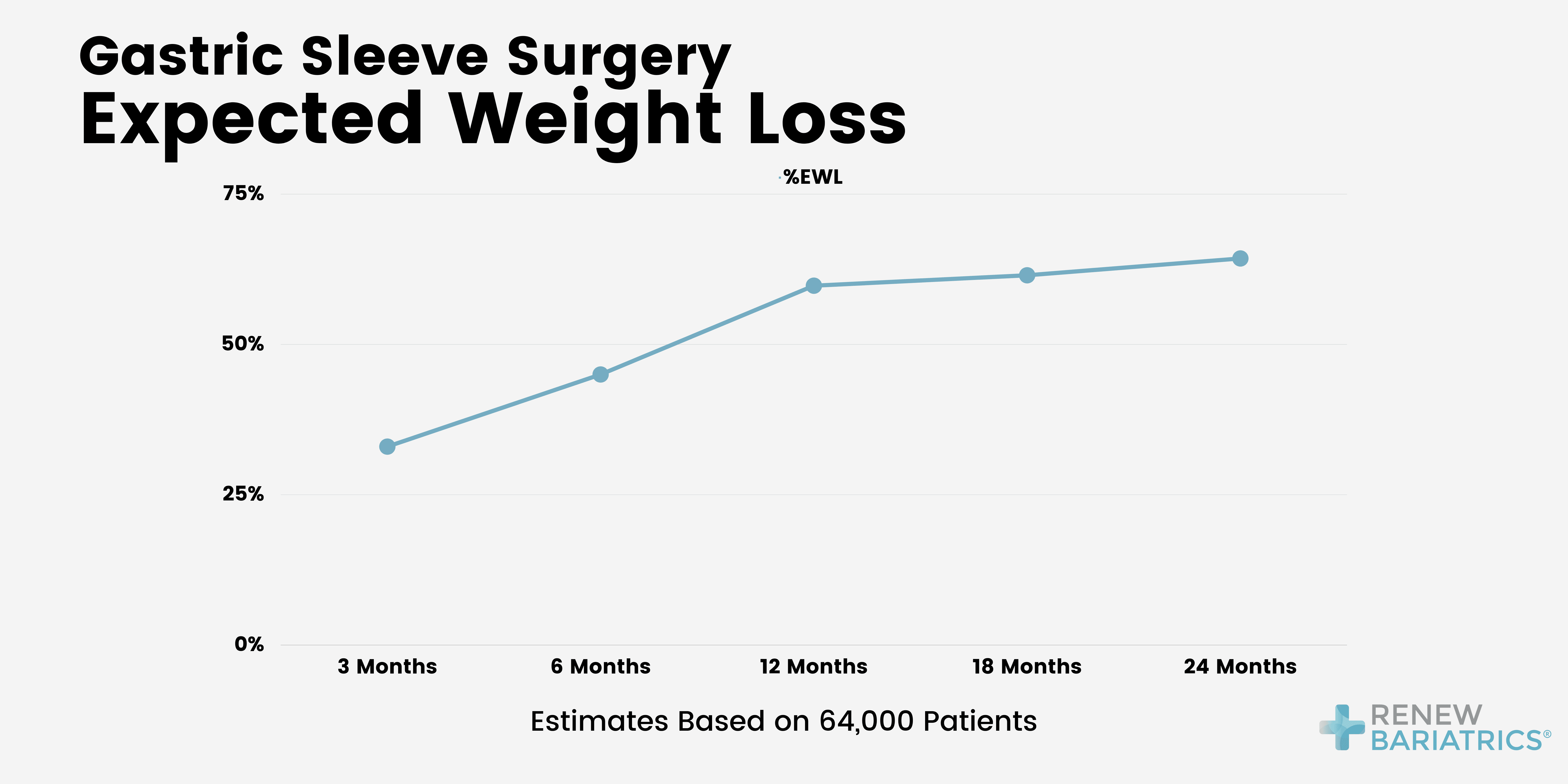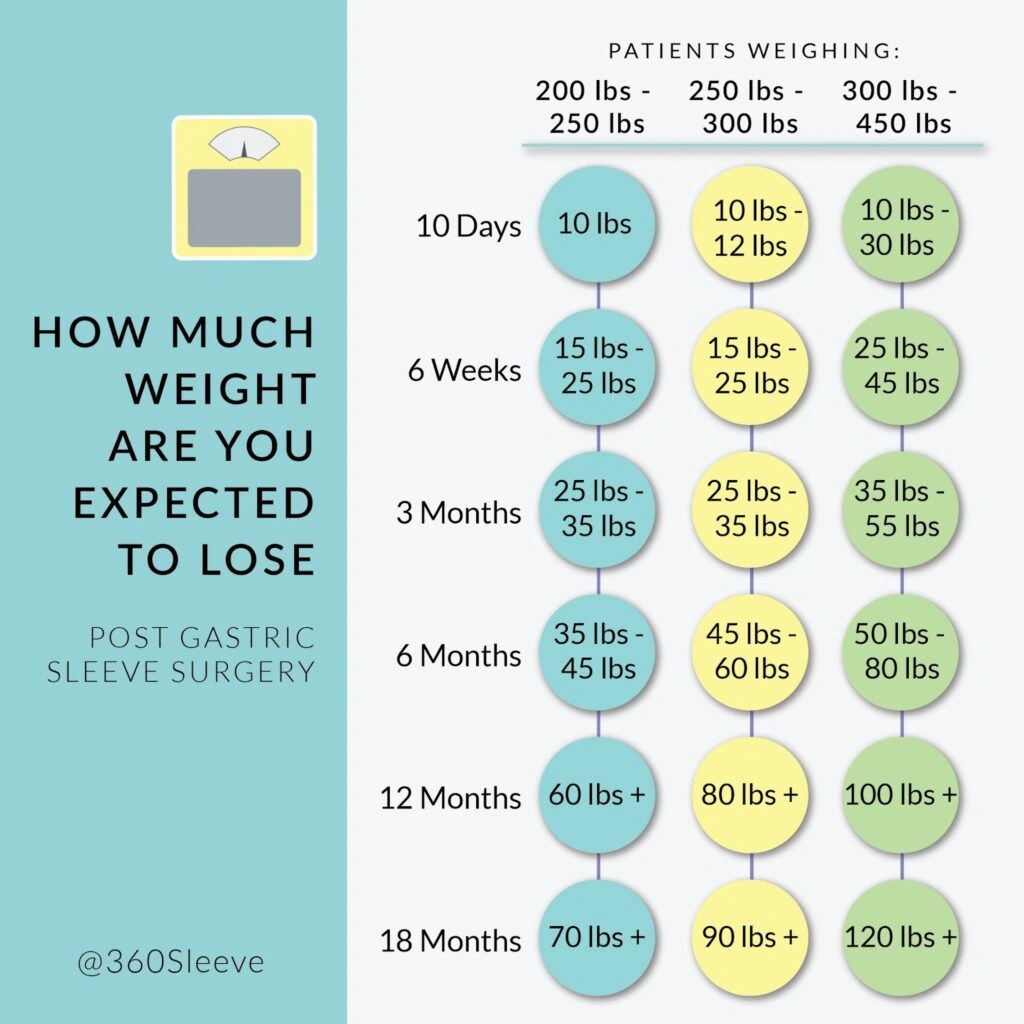
Why This Question Matters
If you’re here, I bet you’ve spent more than a few mornings standing in front of the mirror wishing things felt a little easier—less ache, more ease in your jeans, less of that heavy “what if” weighing on your mind. You hear about gastric sleeve, maybe track a friend’s wild before-and-after journey, but there’s this nagging question: “How much weight will I lose with gastric sleeve calculator… for me, really?” Not some perfect textbook answer. Not whatever number they say just to get you in the chair. But what happens for actual, messy, determined people.
Let’s dig into that, human-to-human, no sales talk, some real math mixed with real talk… because the numbers can tell you a lot, but so can the stories—and maybe you’ll find yours somewhere in between.
Calculators Aren’t Crystal Balls (But They’re Pretty Cool)
Alright, let’s do the obvious upfront: there’s no calculator on Earth that can prophesy your exact weigh-in a year from now. Still… a gastric sleeve weight loss calculator is a lot smarter than just a wild guess. These tools use stats from thousands of real patients to create a starting map: not magic, not perfect, but a compass when everything else feels blurry.
Here’s a quick science-y breakdown (but don’t run away, I’ll keep it plain):
- Your doctor or calculator will figure your excess weight (how many pounds over your “ideal” weight, based on height & age).
- Then, typically, you multiply that number by ~0.6 to see the average weight lost after gastric sleeve (so, roughly 60% of “excess” pounds) according to Omni’s data.
- If you want the math, let’s say you’re 5’6″ and weigh 289 lbs… your calculator spits out a BMI number, walks you through the months, and—you know what—just use the gastric sleeve weight loss calculator by month yourself. It’s honestly fun to see the line go down.
But hey, if you hate numbers, you’re not alone. Let’s just talk real results, in real life.
So… How Much Weight Can I Lose?
You want the headline? Studies show most people lose 50–70% of their excess body weight within a year of surgery. That’s… a lot. For someone with, say, 100 extra pounds, you’re likely looking at 50–70 pounds down if you play your cards (and habits) right according to bariatric experts.
But here’s the messy, honest bit: it’s not just the operation. It’s you plus the operation. Your habits. Your support system. Your “nope, I’m not giving up this round” attitude after a tough week. The calculator is like the cake recipe… but you still have to bake it, and how it turns out depends on what you add.
Your First Four Weeks—Get Ready for Fast Wins
Let’s be real. After the surgery, most folks see the scale drop fast. Like, blink-and-you-miss-it fast. The first week or two? It’s a wild ride. I’ve seen friends lose a pound a day, sometimes two, for a week or so. (Full disclosure: a lot of it is water weight and shifting fluids, but still. Motivating.)
Most people average about 8–15 kg (that’s 17–33 pounds!) in the first month alone, based on what dietitians and surgeons actually see at check-ups according to Dr. Ruben Luna’s patient stats.
Want more detail? Watch what happens at the weight loss 4 weeks after gastric sleeve milestone—a lot of surprises, some frustration, and serious progress.
But… don’t get too obsessed. It’s easy to slip into comparing your chart to someone else’s (“Ben lost 30 pounds, I only lost 18!”). Trust me, it’s not a race. Your journey is yours, and what matters is that clear, steady track forward.
Why Does the Weight Come Off So Quickly?
Short answer? Your stomach is way smaller—a banana-sized “sleeve” instead of the big stretchy sack it used to be. You eat less, feel full faster, and (this might surprise you) your hunger hormones drop, so you just don’t think about snacking the same way anymore research on hormone changes.
But also, you’re probably drinking more fluids than eating for those first couple weeks. Your whole routine shifts. And if you’re like most of us—suddenly learning to eat slow, tiny bites—it feels like relearning your own body.
What Happens Month-by-Month?
After the initial “wow” phase, weight loss gets a little more… well, normal. You’ll probably see a strong drop the first 2–3 months. By three months, lots of folks are down 20–35% of their excess weight. Energy returns. You start walking more (or at least thinking about walking more… it’s a process, right?).
But here’s where tools like the gastric sleeve weight loss calculator by month come in handy. You can actually see the typical pattern: it starts off like a rollercoaster, then the line levels off. Think of it like your weight loss “curve”—it speeds at the beginning, then eases into a steady, manageable pace by month six.
The Yearly Average—What’s Typical?
| Time After Surgery | Typical Percentage of Excess Weight Lost |
|---|---|
| 1 month | 15–25% |
| 3 months | 25–35% |
| 6 months | 40–50% |
| 12 months | 50–70% |
Of course, real people aren’t averages, and there are hiccups along the way (stalls, vacation splurges, life getting in the way). That’s normal, too. I’ll never forget my cousin Annie, who cruised through the first three months… then got stuck for six weeks. She was convinced she’d “broken” her sleeve. She hadn’t. Her body was just… catching up. By month five, it kicked back in.
Curious how this might plot out for you? Hand your numbers to the gastric sleeve weight loss calculator by month and watch the curve. It won’t be exact, but it’ll be close enough to get you excited.
What If Your Results Are Different?
Here’s something you don’t always hear: some people drop crazy amounts—they’re the ones you see in success stories. Others lose steadily, like clockwork. And some, yes, lose weight slower than expected, or in chunks (hello, plateau season!).
The truth is, a calculator can give estimates, but not promises. Why? So much depends on you and your story:
- Where you start: Higher BMI? You’ll likely lose more weight (but remember, it’s about percentage too—sometimes those with less to lose get to goal faster.)
- Gender & age: Sorry, but men often lose a bit more (dang those muscle genes). Younger folks sometimes see faster results. But I’ve seen plenty of 60-year-olds lap the twenty-somethings. Never too late.
- Metabolism & health: If you’ve got thyroid issues, PCOS, diabetes—your path might wind a bit more, but it’s still heading forward. Nutrition tweaks, extra doctor check-ins, maybe some meds help keep you on track see Dr. Luna’s advice on factors.
- Support & habits: People who connect with others (support group, friend texts, Instagram accountability—whatever works for you) stick with new habits better. Think about finding a fellow traveler. You can swap meal ideas and, trust me, vent about the weirdest things (like suddenly freezing cold after rapid weight loss—who knew?).
Lifestyle Tweaks That Make the Numbers Real
Let’s zoom out for a sec. Why are these calculators even close to accurate? Because the big factor isn’t surgery—it’s what you do after. (Yeah, I know, you wanted the shortcut. Sorry!)
Eat enough protein. Walk as much as your doc says. Learn to sip water instead of chugging. If you nail those basics, your odds of becoming the calculator’s “happy ending” go way, way up according to Renew Bariatrics’ outcomes.
Oh—and please, get enough sleep. Seriously. I’ve had more than one friend plateau just because their nights got choppy. It’s not all about food.
What About Plateaus and Setbacks?
Yep, they happen. (Want irony? The month you feel healthiest, sometimes the scale doesn’t budge.) But every person who ever hit their goals, hit a wall first.
Stay consistent. Revisit the gastric sleeve weight loss calculator by month, adjust expectations, tweak your routine, and remember: it’s about net progress, not perfection.
What About Risks, Regrets, and Second Guesses?
No surgery is 100% easy—and yes, the calculator leaves out stuff like “Will I miss pizza?” and “Will my friends notice first, or will I?” This stuff matters.
But most people I know who’ve gone through it say, looking back, their only regret is not tackling the adventure sooner. The best calculators tell you not just what you could lose, but what you stand to gain. Less knee pain. More energy. Feeling comfortable in a crowd (or heck, just on the couch).
And, before you dive in, use that weight loss 4 weeks after gastric sleeve checklist so you know what’s normal, what’s not, and when to call your care team!
Wrapping It Up (Ready for What’s Next?)
So… now you know. No one can whisper an exact number in your ear. But with a how much weight will I lose with gastric sleeve calculator, you can get a good, honest estimate—a real mile marker for your journey. Most likely? A big chunk of your “old self” gone within the year. The rest—energy, confidence, little wins like sitting cross-legged again—those come along for the ride.
Here’s my favorite thing: Every new week is a chance to see actual change… not just guess, but know you’re lighter, stronger, and closer to the life you want. Use the gastric sleeve weight loss calculator by month whenever you need a confidence boost, and celebrate your “weight loss 4 weeks after gastric sleeve” moment in style—you’ve earned it.
Now, what do you think? Are you picturing the “you” under all of that waiting to surprise yourself? Take the first step, calculator in hand or not. Start today… because the next twelve months are going to fly by anyway. Might as well meet them a little lighter, a lot happier, and cheering yourself on—one real win at a time.


















Leave a Reply
You must be logged in to post a comment.